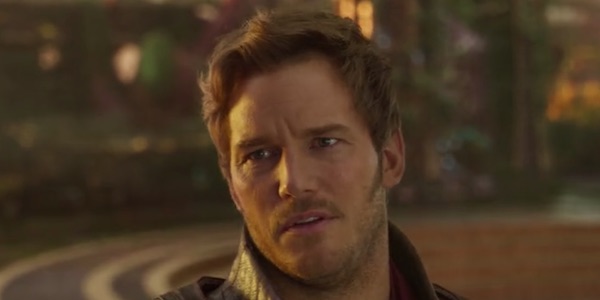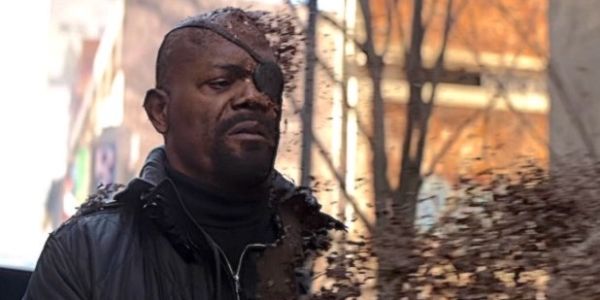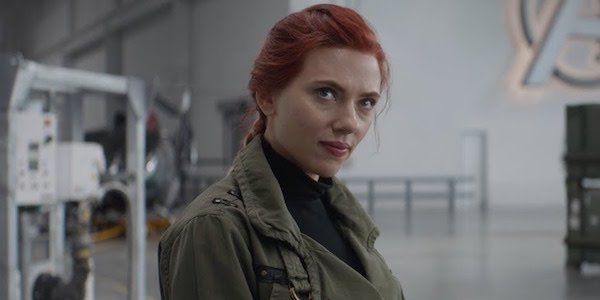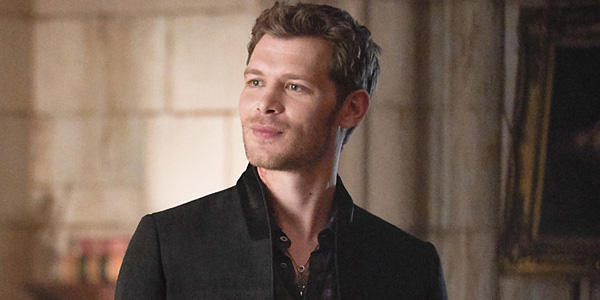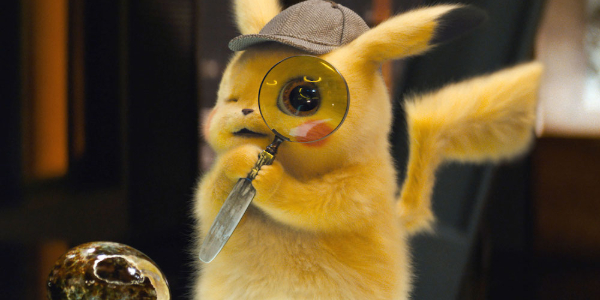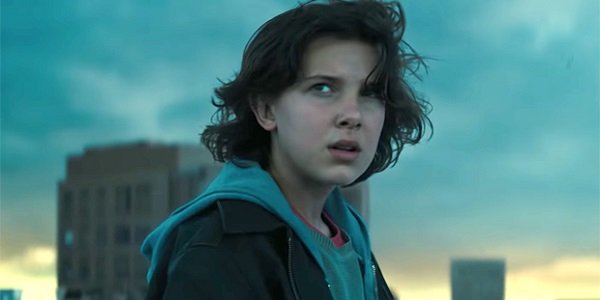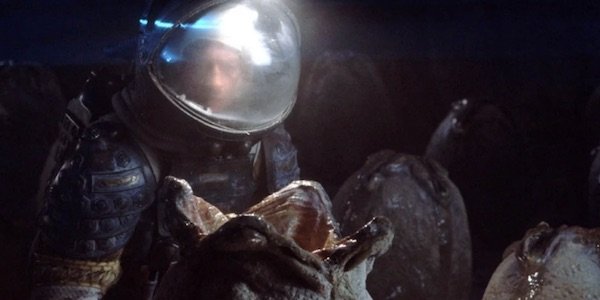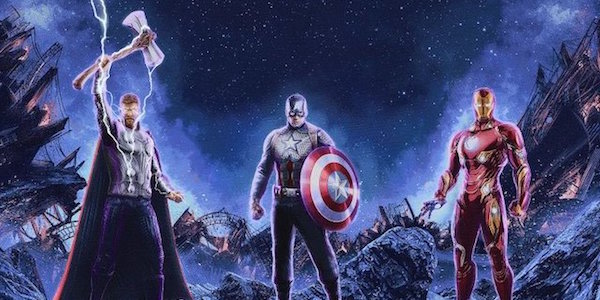J.K. Rowling, George Lucas And 4 Other Creators Who Retconned Movies After They Were Released
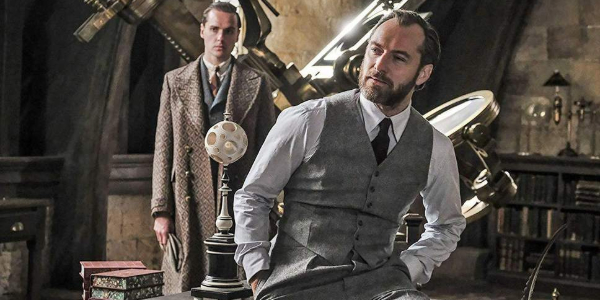
Warning: spoilers for several properties, like the Fantastic Beasts and Avengers franchises, are in play.
Telling a basic story requires three things: a beginning, a middle, and an end. Sounds pretty simple, but it’s the characters we meet, the relationships they form, and the events they live through or partake in that really put the meat in the sandwich we call a story. And much like a sandwich artist, it takes the right amount of skill to know when you’ve finished your masterpiece, or when it needs a little more work.
However, there have been times when story creators made pretty big reversals to stuff they’d established earlier in their respective canons. We’ve seen it a lot with J.K. Rowling lately, as she’s expanded the lore of her Wizarding World on whims as of late. She’s not the first, and nor will she be the last person to revisit their own worlds of fiction, with a red pen and some big ideas in mind, as you’ll see in the following list of hugest shifts made to pre-existing material, and the folks behind them.
Let's start with the writer who got this list off the ground...
J.K. Rowling
We didn't know a ton about Professor Albus Dumbledore in the Harry Potter series of novels and films, but we did know he had two siblings, a friend named Gellert Grindelwald, and a life full of adventures from his younger years. Slowly but surely, J.K. Rowling has started filling in more of that story, with some rather interesting and contradictory results.
Not only was Dumbledore outed as being gay once the series of books had been completed, with nary a hint or trace of any sort of romance for the venerable Hogwarts headmaster existing in those books, but it was then decided that Grindelwald was the intense object of his affection. That intensity is another change that Rowling has made in the wake of the latest film, Fantastic Beasts: The Crimes of Grindelwald. Though it should be noted that film had its fair share of surprises, as it decided to throw another Dumbledore sibling into the works, and we'll see how that storyline plays out in Fantastic Beasts 3.
The Russo Brothers
Alongside writers Christopher Markus and Stephen McFeely, Joe and Anthony Russo have had the run of the Marvel Cinematic Universe, and plotted its fate up to their final film in the universe, Avengers: Endgame. But the details that came out after the film had dropped, as well as within the film itself, have made some of the most recent history of the series feel a little weird. Most importantly is the whole plot twist that now instead of Captain America and Sharon Carter being a cute one-off romance that now seems like a creepy moment between uncle and niece.
Not to mention, that Hulk’s damage to his arm is permanent, despite no further mention of it being made throughout the rest of Avengers: Endgame whatsoever. (I guess we're just supposed to compare' Hulk's damage to Thanos'?) Most revealing of all these off screen changes was the fact that in between the release of Avengers: Infinity War and Avengers: Endgame, major characters like Shuri and Aunt May were dusted off screen.
There was always bound to be some random, off camera folks who were sent away in Thanos’ Decimation, but with characters so notable suffering that very fate, it was a bit of a shock to find out that those we thought were safe turned out to be dusted through interviews and trailers released after the fact.
Sylvester Stallone
Looking to end the Rocky series on a high note, creator/star Sylvester Stallone cooked up the scenario to end all scenarios with Rocky V. Taking one last fight, the underdog-turned-champion Rocky Balboa would risk his whole life on this final bout, as he was diagnosed with permanent brain damage and advised never to fight again.
And yet, despite making that decision to take Rocky out of the ring, it would only take 16 years for it to be undone in the name of progress. With 2006’s Rocky Balboa, Stallone basically said that with the medical advancements that had taken place between the films, Rocky was eventually cleared to box again and it wasn’t that serious in the first place.
Though if we’re being honest, Sylvester Stallone’s own version of the perfect Rocky franchise continuity sees only Rocky and Rocky Balboa still standing, as he believed the films to be perfect bookends to one another. So that’s another thing to keep in mind when untangling the twisty nature of the Rocky franchise.
Sam Raimi
With his interpretation of the Spider-Man mythos, and David Koepp’s pen helping do the lifting on the story end, director Sam Raimi’s 2002 debut of Peter Parker’s big screen adventures set the tone for his career as a crimefighter. And it included one of the saddest moments of his entire life: the death of his uncle Ben.
In the version of events we saw in Spider-Man, a random thug holds up a wrestling promoter that Peter found himself cheated by. But as Peter didn’t stop this thug from getting away, they eventually tried to steal Uncle Ben’s car, killing him in the process. However Sam Raimi, along with co-writers Ivan Raimi and Alvin Sargent, changed one of the most crucial moments in Peter Parker’s genesis as a superhero, when it came time to write the story for Spider-Man 3.
Now, instead of a random thug, the man who killed Uncle Ben was Flint Marko, better known as the villainous Sandman. Only, Sandman wasn’t too much of a villain, as he was only stealing to support his sick daughter, and Uncle Ben’s death was a total accident. While it doesn’t alter Peter’s character all that much, it’s still one of those things that consciously undoes the pre-existing lore so much, you can see how much disarray the franchise was already in with its third of a proposed seven entry series.
Chris Morgan
While the Fast and Furious series has never been known for its economy of story, there is one event that was so pivotal to a fan-favorite character that it had to be shuffled down the timeline into later films. Killing Han Lue may have felt like the right story beat for Chris Morgan’s script to The Fast and The Furious: Tokyo Drift to undertake, but in order for actor Sung Kang’s character to have more adventures with the Torretto crime family, a lot of explaining would need to be done.
In particular, that film’s slot as the third film in the chronological release order is betrayed by the fact the film’s events were eventually rewritten by Chris Morgan to take place between Fast and Furious 6 and Furious 7. Even more baffling is how instead of the Yakuza (or a rival racer) killing Han, Jason Statham’s Deckard Shaw was the person behind that heinous murder.
Were Deckard to have stayed a villain in the Fast and Furious series, this might not have been a problem. With this character being turned into such a hero his whole entire family has been spun off into a new franchise, there are some who are less than forgiving for Chris Morgan’s big switcharoo; which may explain one reason he’s no longer the main writer on the series’ next installment, Fast 9.
George Lucas
It really feels like there’s a precedent with retconning characters named Han. Though out of these two instances, it’s no question that George Lucas’ massive change to the Star Wars universe is the one with the greater impact.
While the original trilogy’s theatrical version saw Han Solo shoot rival Greedo before he had the chance to get the drop on him, the special editions of the film’s 20th anniversary played out rather differently. This time around, the pivotal moment that proved Han to be a badass without remorse saw his murder of Greedo as a result of the luck of the draw, as they both shot simultaneously.
There were plenty more changes that Lucas would implement through not only the special editions of 1997, but also the prequel trilogy he would eventually embark on as a result. Yet out of everything that would change as a result of George Lucas revisiting the Star Wars galaxy, Han Solo’s status as a rogue being reduced to a lucky bastard is one the fans still have a problem accepting to this very day.
They may not be pretty, but these examples of creators retconning their creations into something different than initially intended are prime reminders that any fictional canon can be meddled with at any time. Nothing is ever final, until those who have the power to say so let them be. Remember that the next time you see an ending, whether you agree with it or not, and take comfort that fans and creators both can interpret events in their own special way, with neither owing any fealty to the other.



